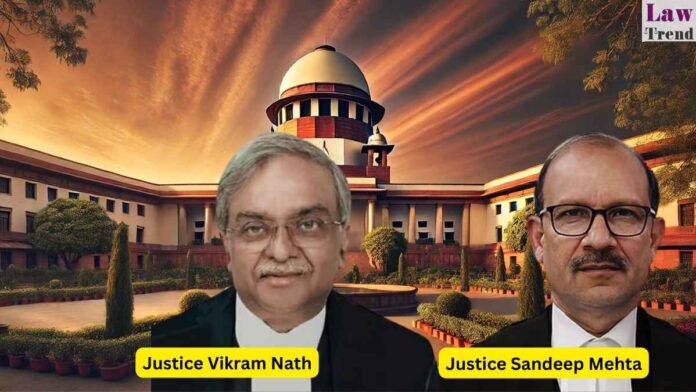The Supreme Court of India, in a significant ruling on public employment, has declared that financial stringency cannot be used as a “talisman that overrides fairness, reason and the duty to organise work on lawful lines”. A bench of Justice Vikram Nath and Justice Sandeep Mehta held that a state’s refusal to sanction posts on
To Read More Please Subscribe to VIP Membership for Unlimited Access to All the Articles, Download Available Copies of Judgments/Order, Acess to Central/State Bare Acts, Advertisement Free Content, Access to More than 4000 Legal Drafts( Readymade Editable Formats of Suits, Petitions, Writs, Legal Notices, Divorce Petitions, 138 Notices, Bail Applications etc.) in Hindi and English.




